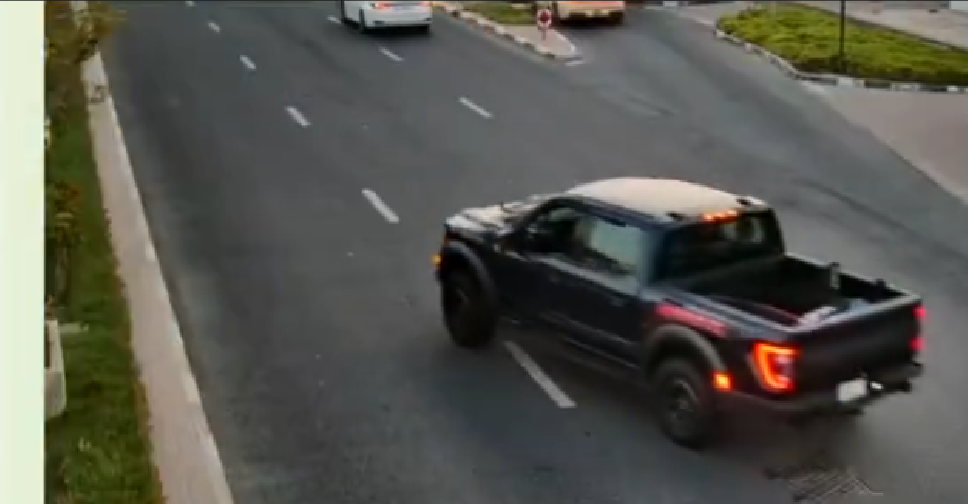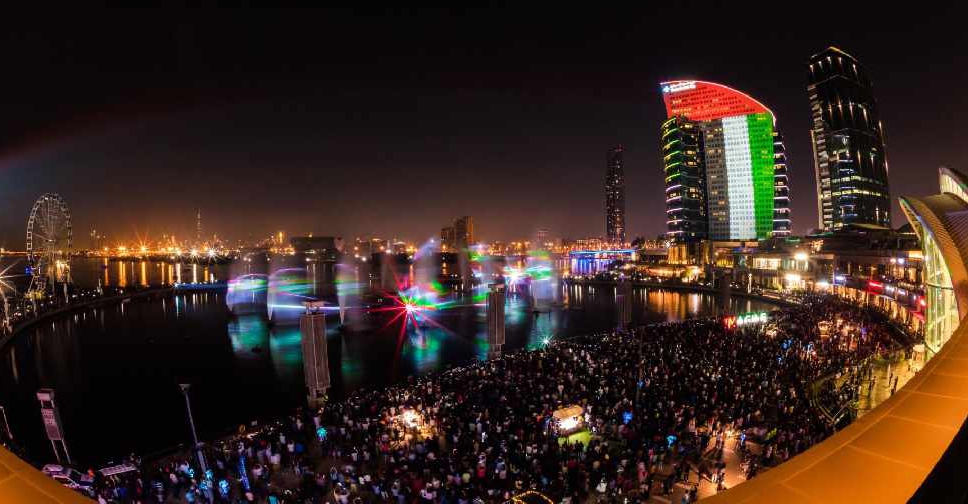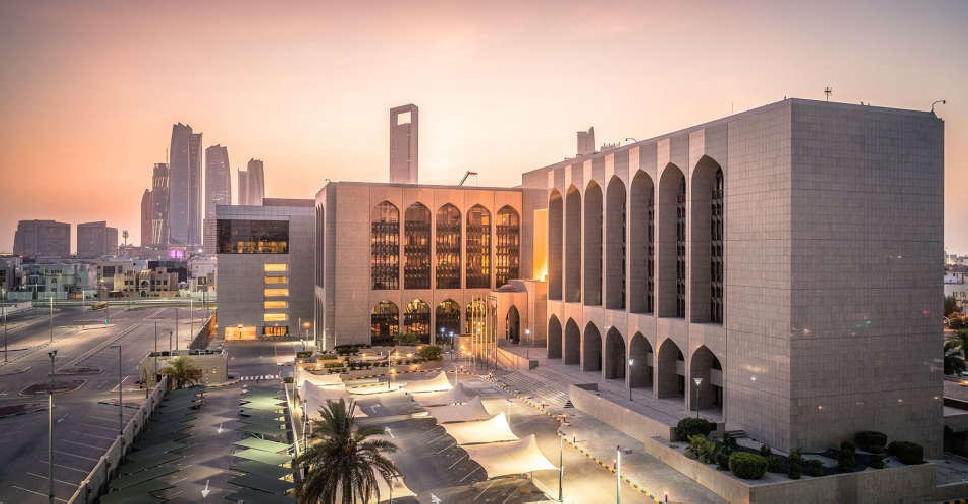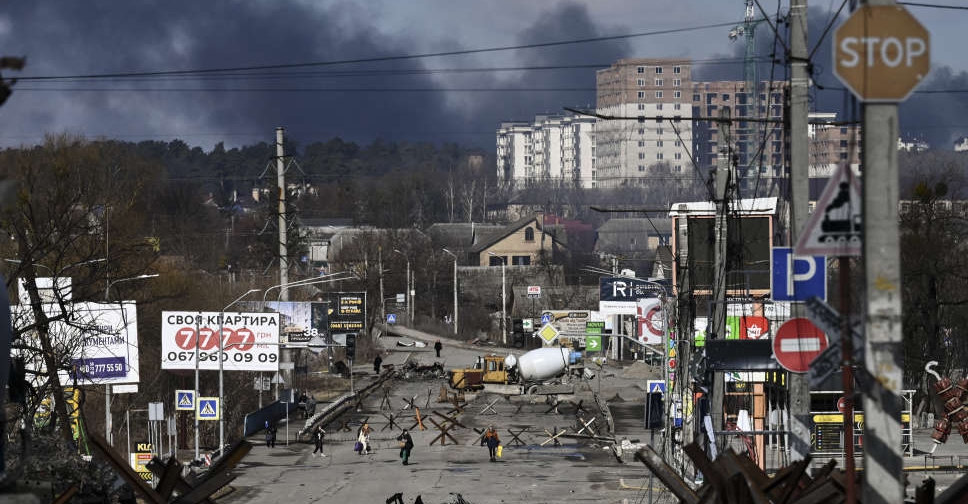
US President Joe Biden on Friday will call for an end of normal trade relations with Russia and clear the way for increased tariffs on Russian imports as punishment for its invasion of Ukraine, five people familiar with the matter said.
Washington's moves to tighten the screws on Moscow come as US and European officials accuse Russia of war crimes over its bombardment of civilians in Ukrainian cities, amid repeated violations of ceasefires which each side blames on the other.
Satellite images showed a Russian military column threatening Kyiv from the north had dispersed to new positions, private US company Maxar Technologies said, possibly in preparation for an assault on the capital.
Removing Russia's status of "Permanent Normal Trade Relations" with the United States would significantly escalate pressure on Russian President Vladimir Putin to end the largest conflict in Europe since World War II.
The move would be coordinated with G7 countries and require an act of Congress, one source said. Lawmakers in both houses of Congress have expressed support.
The US Senate on Thursday voted to approve legislation providing $13.6 billion to help Ukraine finance ammunition and other military supplies, as well as humanitarian support.
"We're keeping our promises to support Ukraine as they fight for their lives against the evil Vladimir Putin," Senate Majority Leader Chuck Schumer said.
Russia calls its actions in Ukraine a "special operation" to disarm Ukraine and unseat its leaders. Ukraine and Western allies call this a baseless pretext for a war of choice that has raised fears of wider conflict in Europe.
RUSSIAN COLUMN REDEPLOYS
Images provided by Maxar show armoured units manoeuvring in and through towns close to Antonov airport northwest of Kyiv, while other elements further north had repositioned near Lubyanka with towed artillery howitzers in firing positions.
Reuters was unable to independently verify the images but the Ukrainian armed forces' general staff said late on Thursday Russian forces had regrouped after heavy losses, without specifying which elements they were referring to.
After three weeks of war, Russia has failed to reach its stated objectives of disarming the Ukrainian military and ousting the democratically elected government, but it has caused thousands of deaths and forced more than 2 million people to flee the country, where several cities are under siege.
Putin on Thursday acknowledged there had been "problems and difficulties" in Ukraine but said Russia would emerge stronger from the war.
Russian Foreign Minister Sergei Lavrov said the operation was going to plan, after holding talks with his Ukrainian counterpart, Dmytro Kuleba, in Turkey on Thursday, the highest-level meeting since Putin ordered the invasion on February 24.
Media in Russia are barred from reporting anything other than the Kremlin's line on events in Ukraine, including allegations this week that the United States is secretly developing biological weapons there.
The United Nations Security Council will convene on Friday at Russia's request, diplomats said, to discuss Moscow's allegations, which Washington has described as disinformation.
The World Health Organisation (WHO) advised Ukraine to destroy high-threat pathogens housed in the country's public health laboratories to prevent "any potential spills" that would spread disease among the population, the agency told Reuters on Thursday.
The information war picked up on social media as well, with Russia demanding that Washington stop the "extremist activities" of Facebook owner Meta Platforms, which temporarily lifted a ban on calls for violence against the Russian military and leadership.
CIVILIANS TRAPPED
Hundreds of thousands of civilians remained trapped in Ukrainian cities, sheltering from Russian air raids and shelling despite repeated Russian promises to provide humanitarian corridors for evacuations.
Russia's defence ministry said it would declare a ceasefire on Friday and open humanitarian corridors from Mariupol as well as Kyiv, Sumy, Kharkiv, Mariupol and Chernihiv, although previous ceasefires have failed.
Officials in the besieged port of Mariupol said Russian warplanes again bombed the city on Thursday, a day after a maternity hospital was pulverised in an attack the United States said was evidence of a war crime.
Linda Thomas-Greenfield, the US ambassador to the United Nations, said Washington was "working with others in the international community to document the crimes that Russia is committing against the Ukrainian people".
"They constitute war crimes; there are attacks on civilians that cannot be justified by any – in any way whatsoever," said in an interview with the BBC.
Lavrov said the hospital struck on Wednesday had stopped treating patients and had been occupied by Ukrainian "radicals". Russia's Defence Ministry later denied having bombed the hospital at all, accusing Ukraine of a "staged provocation".
Ukrainian President Volodymyr Zelenskiy said on Thursday that Ukrainian authorities had managed to evacuate almost 40,000 people from the cities of Sumy, Trostyanets, Krasnopillya, Irpin, Bucha, Hostomel and Izyum.
SANCTIONS BITE
The war in Ukraine and massive sanctions against Russia have triggered a contraction in global trade and sent food and energy prices sharply higher, dealing a blow to global growth, International Monetary Fund Managing Director Kristalina Georgieva said on Thursday.
The sanctions had already triggered an abrupt, significant contraction of the Russian economy and it faced a "deep recession" this year, she told reporters.
The resulting massive depreciation of the rouble was driving inflation higher and denting the standard of living for "a vast majority of the Russian population".
At a summit in France, European Union leaders on Thursday differed over the reach of sanctions against Moscow and refused Kyiv's appeal for rapid accession to the bloc.
Some EU leaders pushed for tougher sanctions that would hit Russia's oil and gas industries even if that meant repercussions for those European nations reliant on Russian fossil fuels.
"The war in Ukraine is an immense trauma ... But it is also most definitely something which is going to lead us to completely redefine the structure of Europe," French President Emmanuel Macron said.

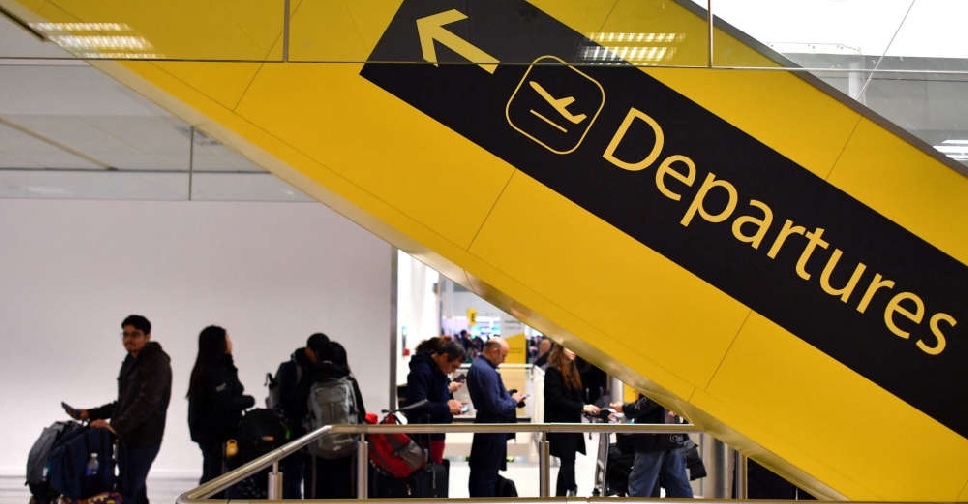 Gatwick Airport reopens terminal following security alert
Gatwick Airport reopens terminal following security alert
 Pro-Palestinian NGOs sue Dutch government over Israel support
Pro-Palestinian NGOs sue Dutch government over Israel support
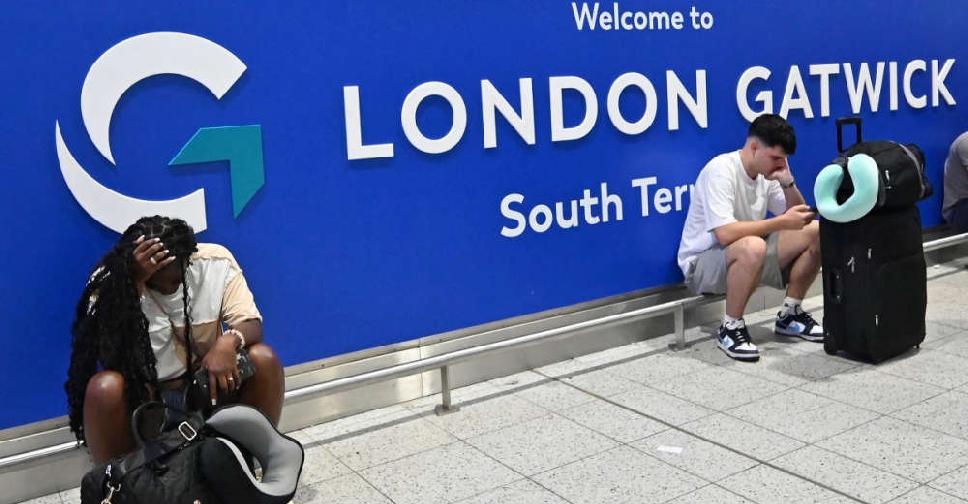 London's Gatwick Airport evacuates terminal due to security incident
London's Gatwick Airport evacuates terminal due to security incident
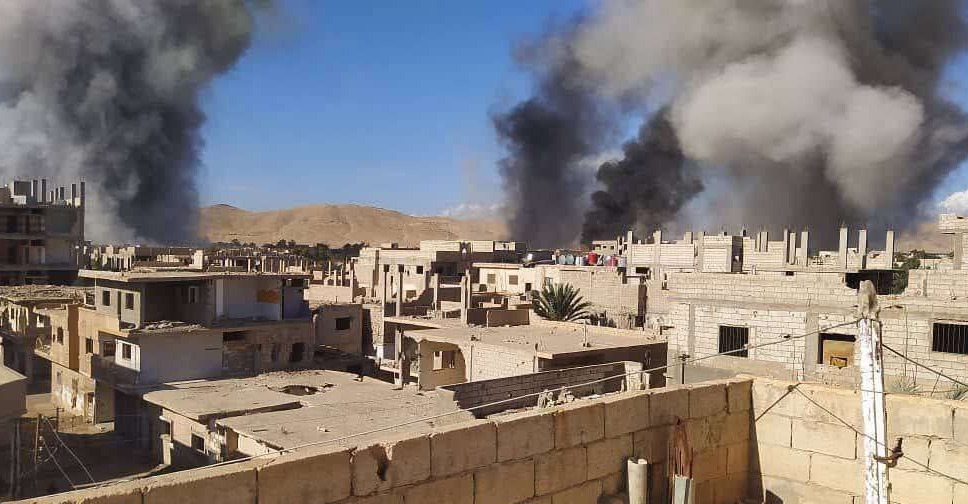 Monitor: Toll from Israeli strikes on Syria's Palmyra rises to 92
Monitor: Toll from Israeli strikes on Syria's Palmyra rises to 92
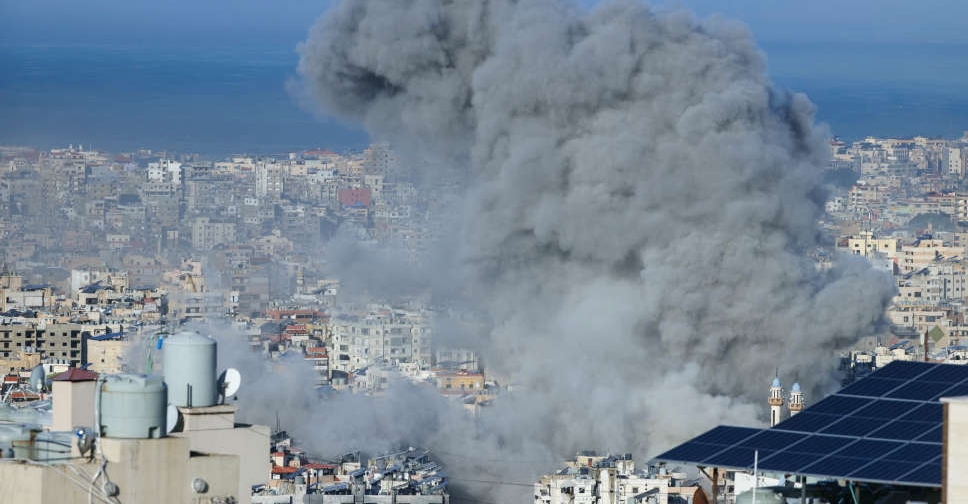 Israeli strikes kill 52 people in Lebanon
Israeli strikes kill 52 people in Lebanon
